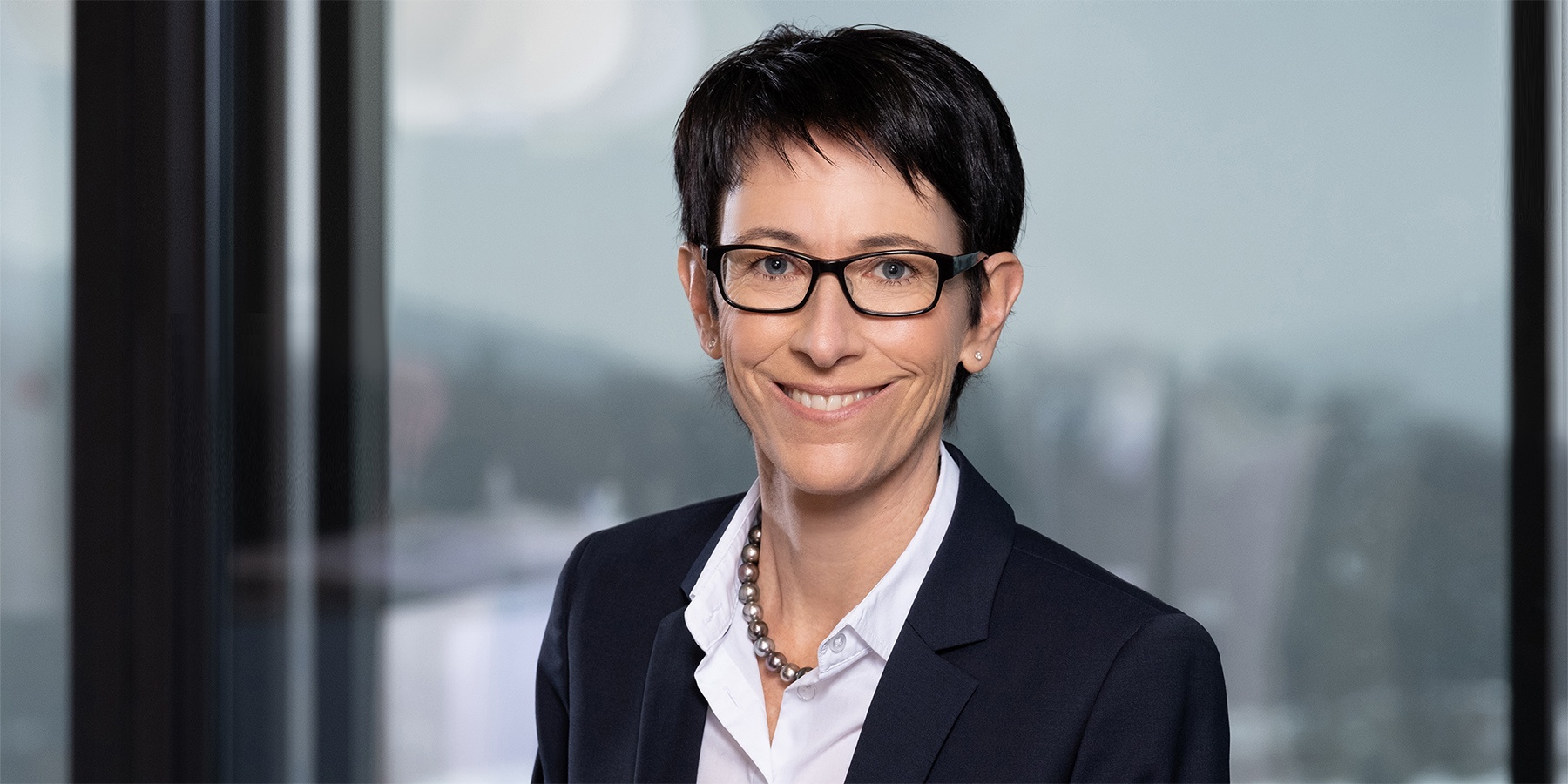At PostFinance, you head up the Retail Banking unit which covers physical and digital sales, marketing and the Customer Center. In which direction are you taking this unit which serves 2.5 million private and 275,000 business customers?
Our clear goal is to become a leading retail bank in the private customer sector as well as a relevant bank for our business customers, particularly in the field of payment transactions. We’ll achieve this by clearly positioning ourselves as an investment bank, by looking at all our solutions and processes from our customers’ perspective, by implementing them in a customer-oriented way and by investing in digitization. We aim to ensure our customers can always select the sales channel that best meets their needs – whether physically or digitally, through self-service or in an expert consultation at one of our offices. And we ultimately wish to provide them with seamless and convenient banking.


